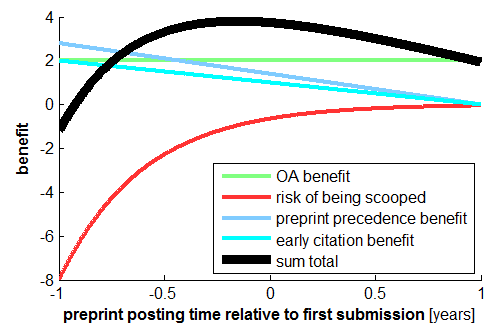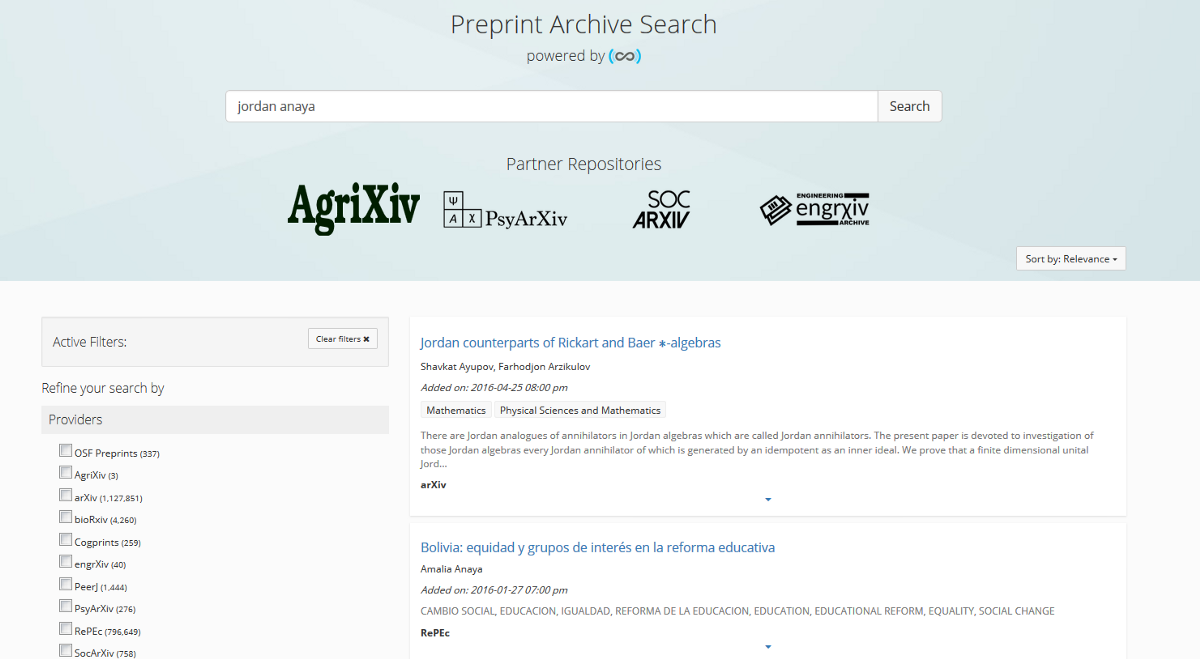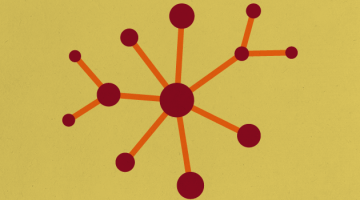Send us a link
The Stars Are Aligning
An overview of recent events and the current state of preprints in the scholarly communications landscape.

The Selfish Scientist’s Guide to Preprint Posting
Preprint posting is the right thing to do for science and society. It enables us to share our results earlier, speeding up the pace of science.

Reflections from the Open Science Conference 2017
A report from the the Open Science Conference in Berlin last week.
NIH Enables Investigators to Include Draft Preprints in Grant Proposals
NIH Enables Investigators to Include Draft Preprints in Grant Proposals
Agency welcomes raw manuscripts of findings that haven’t yet been peer reviewed.

Authors Can Now Submit a Preprint to BioRxiv While Submitting to eLife
eLife has made it possible to submit the work first to eLife and then post the manuscript directly to bioRxiv.

The Findings of Medical Research Are Disseminated Too Slowly
Papers reporting Gates-sponsored research cannot be charged for.
Concerns Regarding the ASAPbio Central Service and Center
Preprints are clearly the future of scientific communication, but currently face multiple obstacles.

Forecasting the Growth of Preprints in Biology
Funders, scientists, and journal editors will continue to play vital roles in defining a communication system that embraces both modern technology and the human need for curation.

BioRxiv: A Pre-print Repository for Life Sciences
BioRxiv is a pre-print repository for life science researchers who can now easily share their unpublished work with the research community.

Debate Erupts Over Plan to Create Another Online Destination
Though no money is committed yet, major science funders back idea of an aggregator of preprints

NIH Supports International Effort to Create a Central Service
The National Institutes of Health (NIH) is working with an international group of research funders to explore the value and feasibility of establishing a Central Service for preprints. This is a unique opportunity to encourage sharing of preprints in the life sciences and to support the development of a core infrastructure to ensure the benefits of pre-printing are fully realized.

Preprints: We're Supporting Calls for a Central Service
We now allow researchers to cite preprints in their grant applications.

Heavyweight Funders Back Central Site for Life-Sciences Preprints
Coalition of scientists and research agencies argue for a one-stop shop server.

Support the Option to Cite Preprints in NIH Grants
Please cosign the statement below if you think the NIH should give scientists the option of using preprints as evidence of productivity in grant applications, following the recent policies of the Wellcome Trust, MRC, HFSP, Simons Foundation, and Helmsley Foundation.
When A Preprint Becomes The Final Paper
A geneticist's decision not to publish his finalized preprint in a journal gets support from scientists online.

Top 10 Reasons Why Blog Posts Are Better Than Scientific Papers
Envisioning the scientific paper of the future.
Ten Simple Rules for Considering Preprints
So why make your work available as preprints? There are perceived positives and negatives to disclosing scientific work in the form of a preprint, explored here in the form of 10 Simple Rules.

Preparing for Preprints
Preprints are one step towards an Open Science future.

Big Biology Projects Warm up to Preprints
Consortium backed by US NIH is first major biology programme to mandate online publication of results ahead of peer review.

Open Access and Preprints for Scholars and Journals
How can more scholars and journals embrace preprints to make research freely accessible? This slideshow co-created by Scholastica and Authorea addresses this question and more.

What Counts as Science?
The arXiv preprint service is trying to answer an age-old question.

The Best of Both Worlds
For some time now PLOS has discussed new initiatives designed to accelerate research communication.



